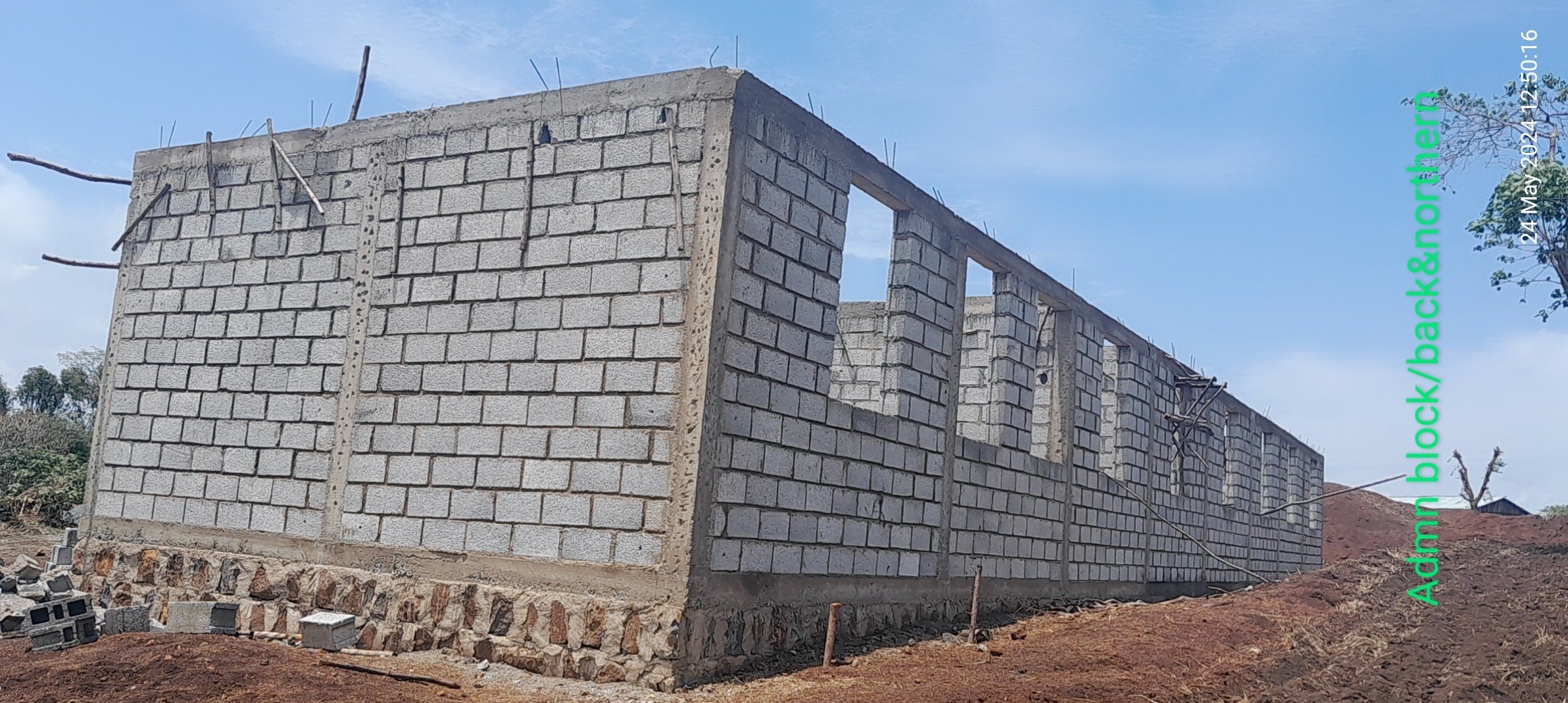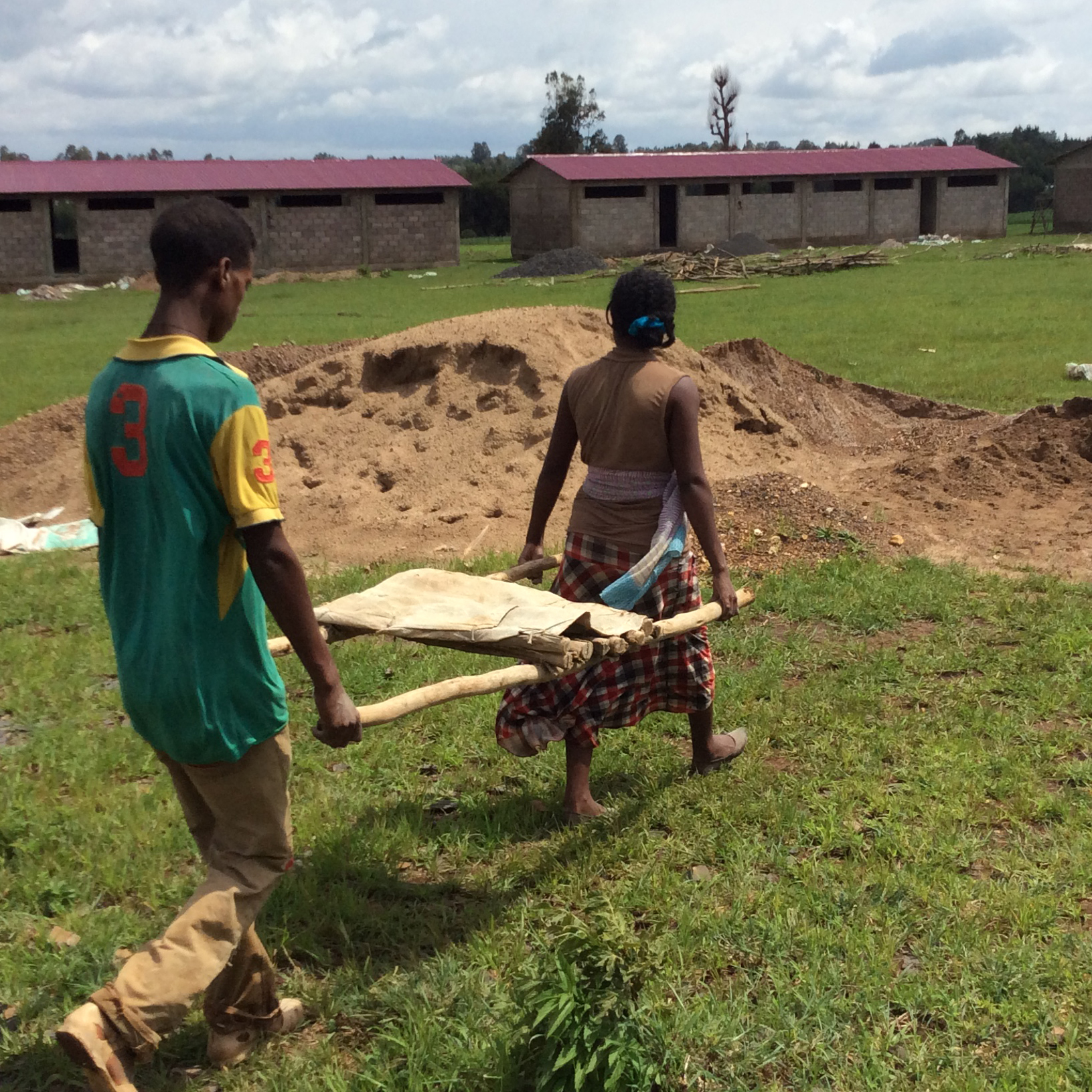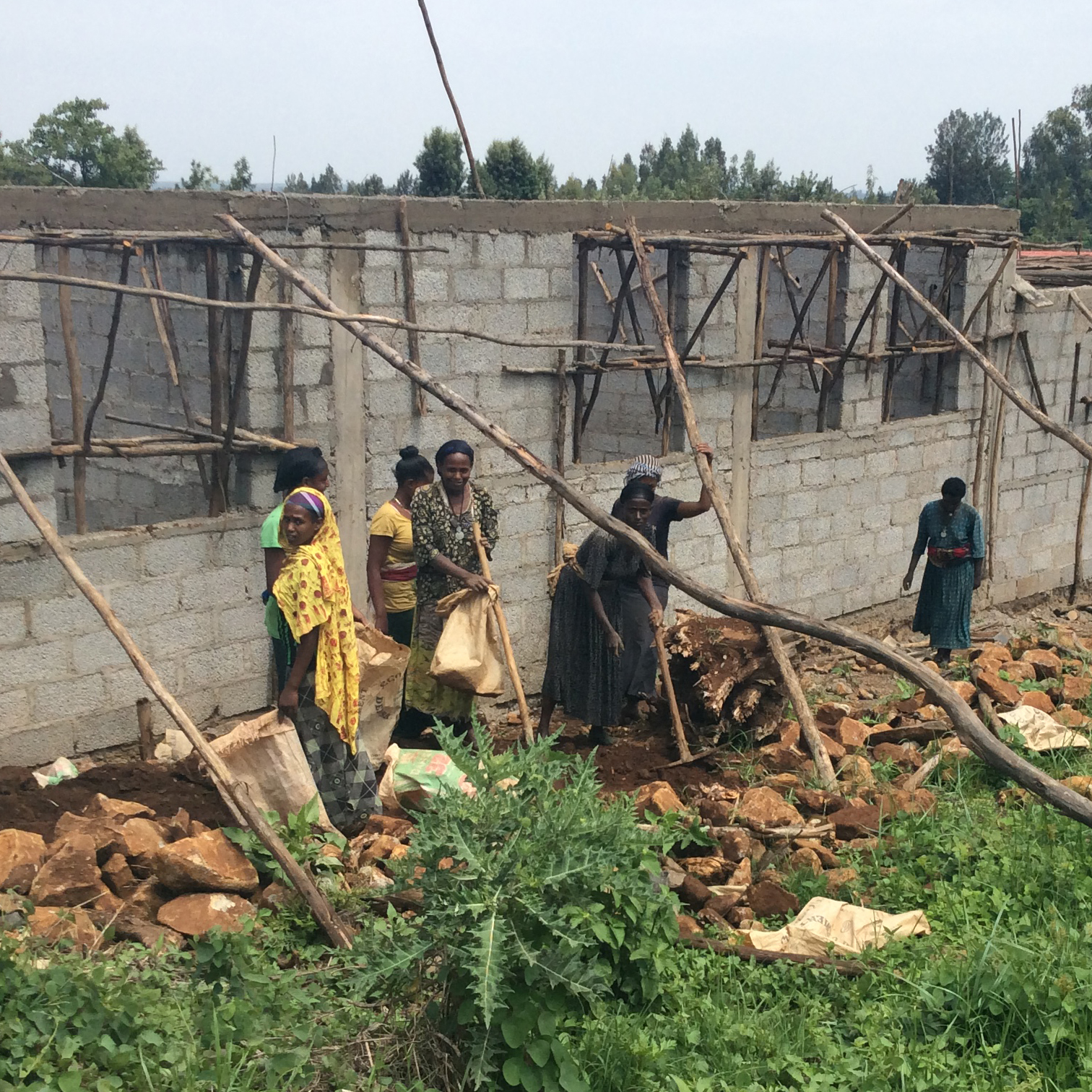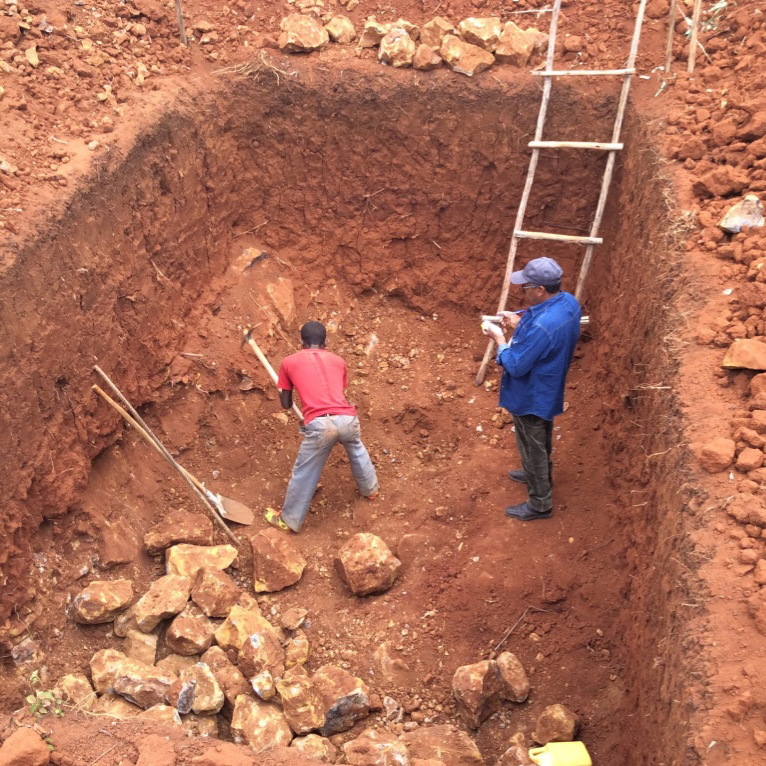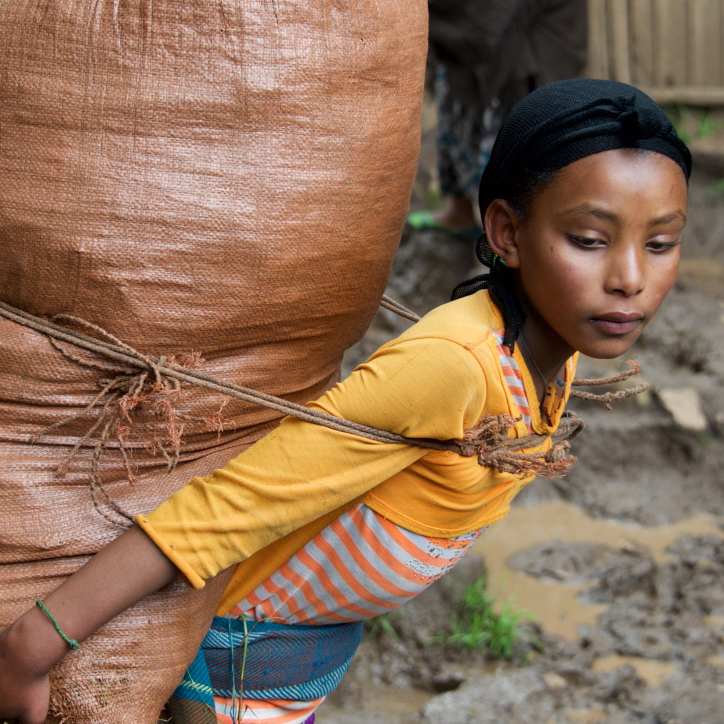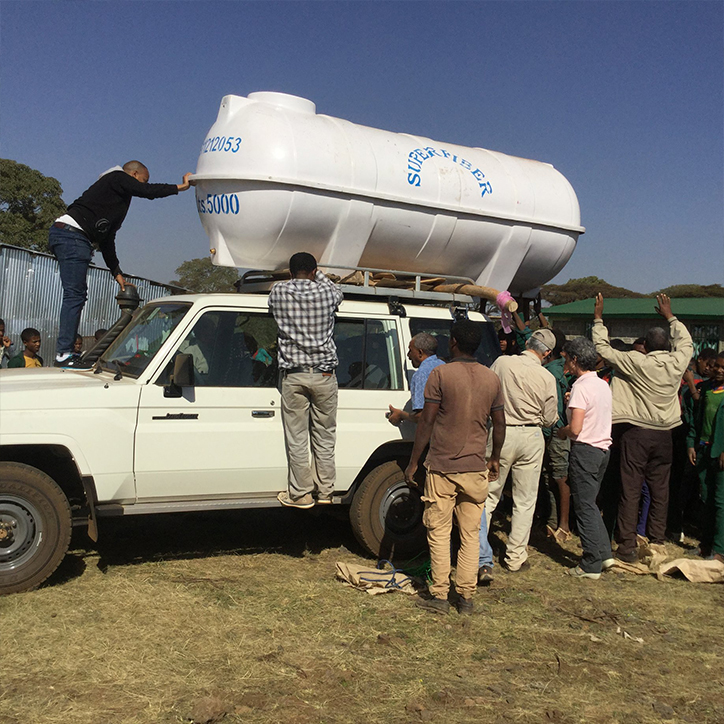Bahir Dar Prison Pre-Primary & High Schools
As part of its commitment to reaching the underprivileged, no matter where they live or what their circumstances are, and at the invitation of the Bahir Dar Prison Administration (BDPA), Partners began a project to build a high school inside, and a Pre-Primary School just outside, the Bahir Dar Prison (BDP) compound in 2023.
Pre-primary School
When Partners’ staff visited the BDP in 2022, they found 25 children under 7 years of age (15 males and 10 females) living with their incarcerated mothers, due to the absence of family members or guardians who could care for them, and the fear of potential retaliation from victims' relatives. If their mothers are serving life sentences, these children will spend their entire childhood in prison, facing difficulties integrating into society later. An example shared by a BDPA official highlights these challenges: Asmamaw (name changed) started living in BDP at one year old and stayed until he finished high school. To protect him from stigma, BDP officials helped him complete his studies through while hiding his identity and with limited social interaction.
Children raised in prison have limited dreams and career aspirations due to a lack of diverse role models. For instance, a five-year-old living in BDP expressed a desire to "serve a long-term prison sentence, sell stuff to inmates and make money" – very different from children outside prison who dream of becoming doctors, engineers, lawyers, or teachers.
We agreed to work with the BDPA because the administration does not have a budget for the children’s education or play materials. Mothers are often reluctant to send their children to public pre-primary schools due to safety concerns. Police officers also find it challenging to escort children to and from school daily. Establishing a pre-primary school (3 large square classrooms with designated areas for puzzles, manipulatives, an outdoor garden, and toilets with washing facilities) just outside the prison compound for children from the nearby community as well could offer quality early learning experiences and socialization opportunities for those living in prison, and help reduce the likelihood of future criminal behavior.
High School
BDP has an existing primary (Grades 1-8) and secondary (Grades 9-12) school. While the primary school has decent facilities, the high school students learn in classrooms made of corrugated iron sheets, which are hot and noisy, hindering their ability to concentrate.
The high school is the only one in the Amhara Regional and serves 250 students, including 200 inmates and 50 prison staff. Juvenile offenders (14-17 years old) are also accommodated due to the lack of a separate correctional facility. If inmates pass university entrance exams, they get early release to join tertiary institutions and acquire knowledge and skills that can help them better integrate with the society and lead productive lives.
Despite the critical importance of education for inmates' futures and societal safety, budget constraints and competing priorities prevent BDPA investment in upgrading the secondary education. An official noted that budget allocation prioritizes security over educational improvements due to high accountability when prisoners escape.
The new high school being built by Partners has 8 furnished, cement block rooms with windows in two blocks (six classrooms, one ICT room, and one science lab). The project includes teacher and leader training, hands-on and project-based learning, entrepreneurship lessons, and social and emotional learning.






